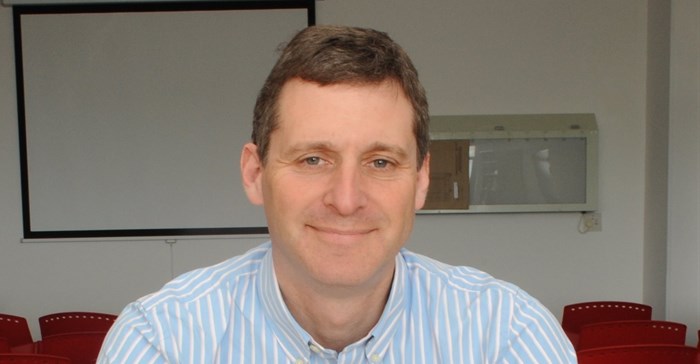Vaccinate, vaccinate, vaccinate, says Professor Marc Mendelson

He believes the increased intensity of transmission during the second wave was a result of the new variant (501Y.V2), which strengthened the binding of the virus to its receptor on our cells. This resulted in an increased amount of virus being produced and transmitted. At the same time, a number of super-spreader events occurred at social gatherings, compounding transmission of the more infectious virus, leading to a larger peak in the second wave.
It is important that we learn from the second wave and not repeat mistakes made, and according to Mendelson, maintaining a ban on mass gatherings and closer focus on super-spreader events in poorly ventilated indoor spaces is necessary. The relaxation of these interventions played a significant role in helping to propagate the second wave.
“We also need careful assessment of how healthcare workers were deployed to the Covid-19 frontline. Despite the need to keep as many non-Covid-19 services running at an appropriate level, the whole-of-hospital human resource model that was ultimately achieved in the first wave, but diluted in the second, should be reinstated. This would go a long way to providing the physical and psychosocial support to the relative minority of doctors who bore the brunt of the second wave,” he says.
Fraught with problems
Mendelson does not believe that the vaccine rollout in South Africa could delay the arrival of the third wave and shared: “There are never watertight answers when dealing with this pandemic, but to get to population immunity through natural infection plus vaccination-induced immunity will require that millions of the population be vaccinated in a relatively short time frame.”
“Predicting the third wave, I’d have to say – fraught with problems. There are multiple factors that may come into play, many of which could impact the resulting force of infection. This includes further mutations in the virus, the speed of the vaccination roll-out programme, non-compliance with public health interventions, and the possibility of other unforeseen drivers that we are yet to learn about,” he says.
According to Mendelson further mutations will occur, but whether they give the virus an evolutionary advantage is yet to be seen. The only way of reducing the likelihood of another clinically relevant variant coming out of South Africa is to reduce transmission and boost immunity by rolling out vaccines fast, so that in addition to achieving natural immunity, induced by people getting infected, the amount of new virus produced will drop to very low levels. If a new variant does not occur this time round, then we should see a less impactful third wave.
In truth, however, with the current tools in our box, we won’t eradicate SARS-CoV-2. What we will probably move to is better control of the virus, in the same way that we control influenza and other respiratory virus infections.
Then of course vaccinate, vaccinate, vaccinate. And maintain all public health prevention measures – those measures are absolutely critical as we look ahead.























